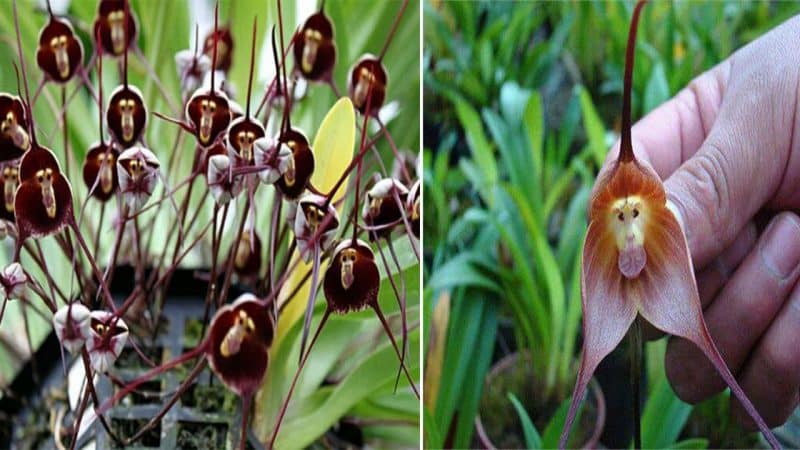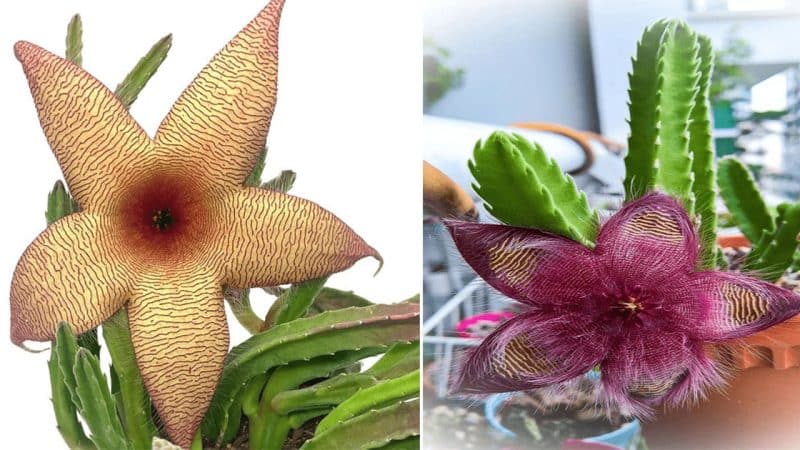The Elegance and Symbolism of the Peony Flower
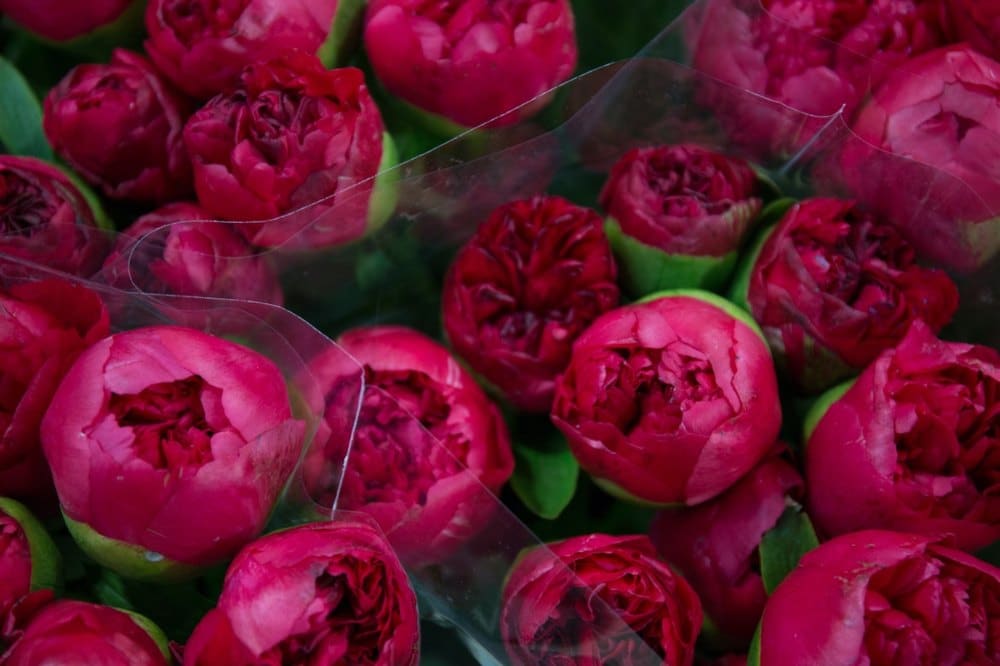
Flowers have always held a special place in human culture, capturing our attention with their beauty and fragrance. Among the myriad of flowers, one stands out for its exquisite charm and rich symbolism—the peony flower. With its lush petals and vibrant colors, the peony has become a beloved flower in gardens, bouquets, and artistic representations worldwide.
The peony, scientifically known as Paeonia, is native to Asia, particularly China and Japan. It has a long history deeply intertwined with various cultures, where it has been revered for centuries. Renowned for its large, showy blooms, the peony is often regarded as the queen of flowers in China. It is a symbol of honor, prosperity, and romance, making it a popular choice for weddings, anniversaries, and other joyous celebrations.
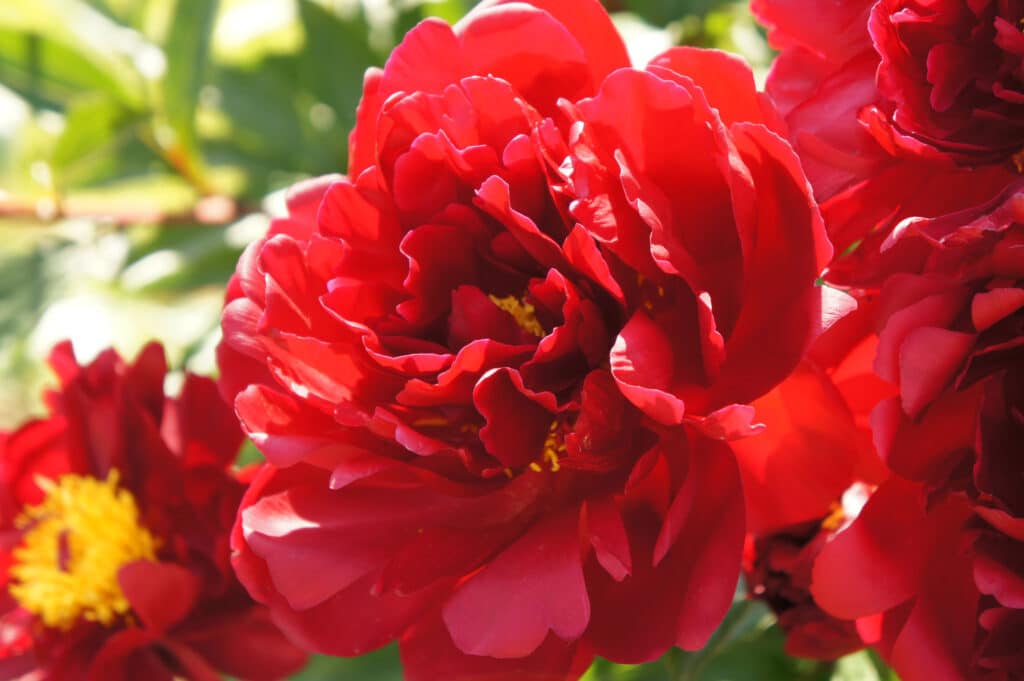
One of the most fascinating aspects of the peony is its symbolism. In Chinese culture, the flower represents wealth, good fortune, and a prosperous life. It is often associated with the imperial family, symbolizing nobility and honor. Furthermore, the peony is considered a symbol of feminine beauty and grace, embodying qualities such as elegance and refinement.
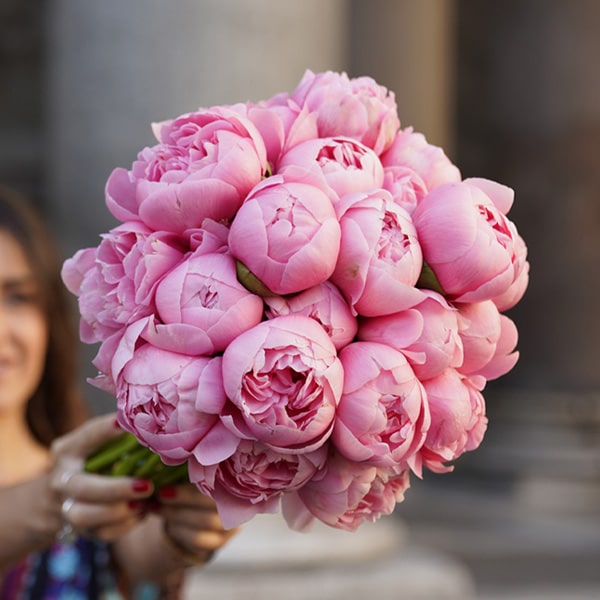
In addition to its cultural significance, the peony holds a special place in the world of botany and horticulture. There are three main types of peonies: herbaceous peonies, tree peonies, and intersectional peonies. Each type offers its own unique characteristics and visual appeal. Herbaceous peonies are known for their lush, abundant blooms and fragrant petals. Tree peonies, on the other hand, are shrub-like and produce flowers in a wide range of colors, including shades of pink, red, white, and yellow. Intersectional peonies, also known as Itoh peonies, are a hybrid of herbaceous and tree peonies, offering the best of both worlds with their sturdy stems and striking blooms.

The peony’s allure extends beyond its physical beauty. It also holds significance in traditional medicine and has been used in herbal remedies for centuries. Various parts of the plant, including the roots, seeds, and petals, have been utilized for their potential health benefits. Peony extracts are believed to possess anti-inflammatory properties and have been used in treatments for conditions such as arthritis and muscle pain.

Cultivating peonies can be a rewarding experience for garden enthusiasts. They thrive in temperate climates, requiring well-drained soil and a good amount of sunlight. With proper care and attention, peonies can bloom for decades, bringing joy and beauty to gardens year after year.
The peony flower captivates us not only with its stunning appearance but also with its deep symbolism and cultural significance. Whether it graces a wedding bouquet, adorns a painting, or brings color to a garden, the peony evokes a sense of elegance, prosperity, and natural beauty. Its timeless allure continues to inspire and enchant, reminding us of the splendor found in nature’s creations.
